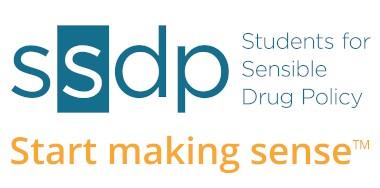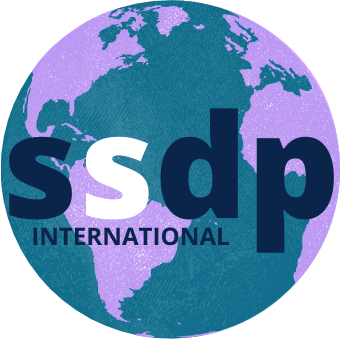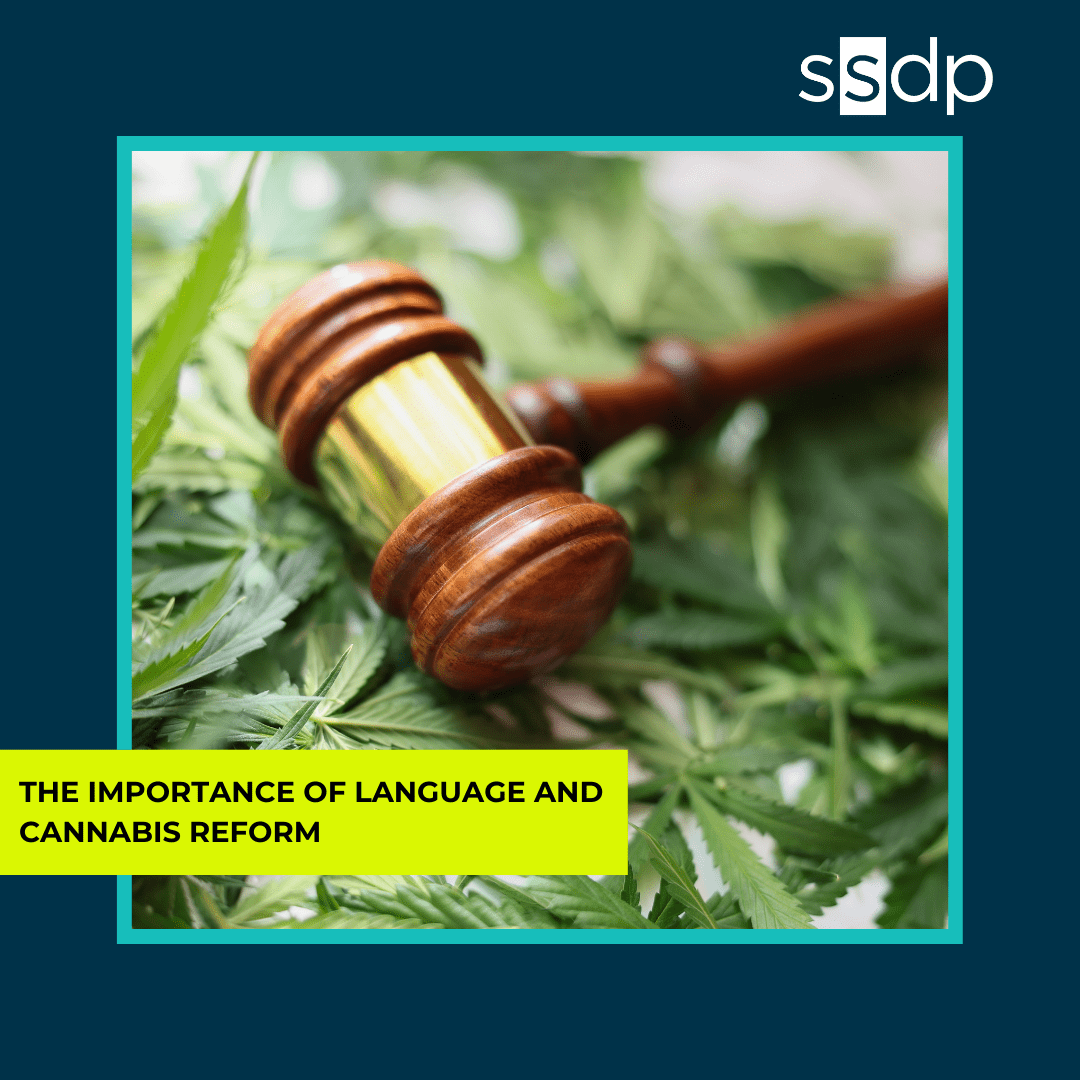We all know that words matter, but can the way we speak about a plant have legal implications? SSDP appointed board member and Prop 19 alum Evan Nison believes so, and broaches this important topic in a recent article he wrote that was published in Legal Reader.
The article reflects on the importance of language especially within the context of cannabis and its impact on policy reform.
Nison states in the article, “Early cannabis prohibitionists in the early to mid-20th century purposefully chose to use the word ‘marijuana’ in their rhetoric as it was connected linguistically and ideologically to the United States’ growing population of Mexican-Americans. By referring to the plant as ‘marijuana’ in scare campaigns, xenophobic prohibitionists were able to demonize the plant and an entire group of people simultaneously. It’s not a coincidence that most cannabis laws still use the word ‘marijuana.’”
Drug policy activists actively chose to start referring to the plant as “cannabis” as part of earlier legalization efforts, and the change in language use played an important role in normalizing cannabis and the growing industry.
Now, 38 of 50 US states have legalized marijuana for medical use while 24 states have legalized cannabis for adult use. However, these language games continue to be a problem and many activists are returning to using “marijuana” in certain circumstances.
For example, since cannabis is still referred to as “marijuana” in the Controlled Substance Act, those of us pushing for rescheduling and/or descheduling must use that term in those contexts. Some states, like New Jersey, have also created a dangerous legal fiction sometimes referred to as “dual scheduling” under which “cannabis” is legal but “marijuana” remains a felony with the only difference between the two being that one is sold through a licensed dispensary and the other isn’t.
After hemp was federally legalized in 2018, hemp products containing cannabinoids such as THC began to come to market. Now, in a new front of the War on Drugs, prohibitionists looking to criminalize these products have started promoting terms that create roadblocks to education and legislative change.
“Opponents of the hemp-derived cannabinoid industry use words like ‘synthetic’ and ‘unknown’ to describe cannabinoids such as Delta-8 THC and THCa. While, in many cases, these designations aren’t patently incorrect, they are ideologically loaded and don’t serve to educate the consumer,” said Nison.
“Instead, phrases like ‘hemp-derived’ and ‘minor cannabinoids’ are the preferred terms in the novel cannabinoid industry. These words are less emotionally charged and more descriptive. Most importantly, they are more legally accurate—and the legal status of these products is increasingly important.”
A serious lack of education surrounding hemp-derived cannabis products, coupled with vague language like “synthetic,” has put consumers in unsafe legal situations.
As we continue to fight for cannabis to be legal in all 50 states, we recognize the importance of language, and consider its legal implications.
Read Evan’s article here, and consider supporting SSDP in the fight to end the prohibition of this plant medicine once and for all.



